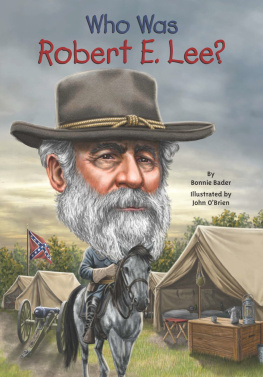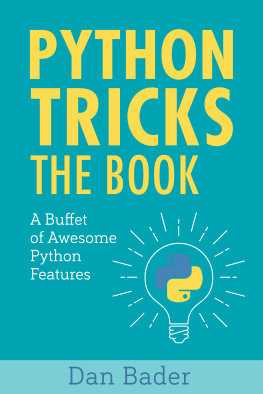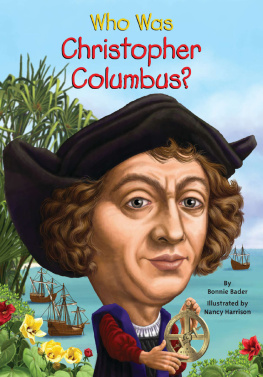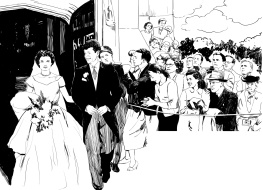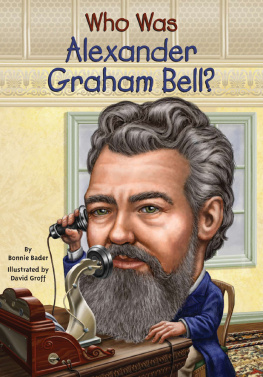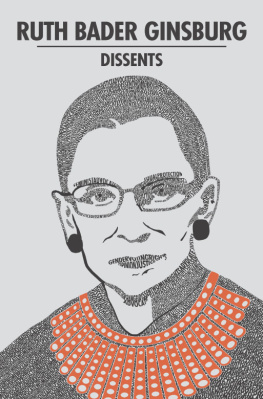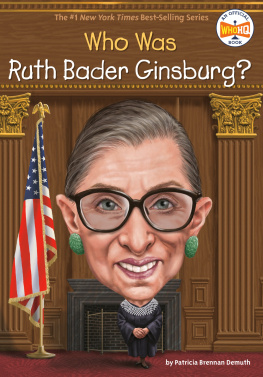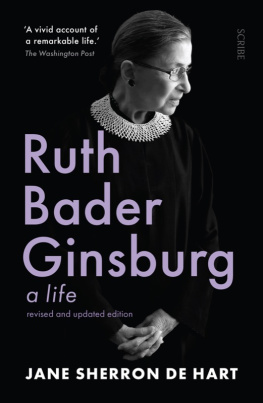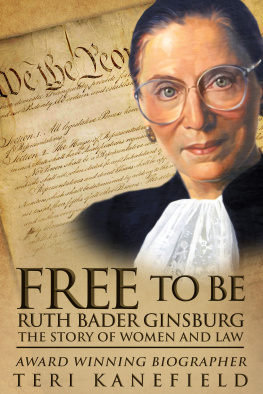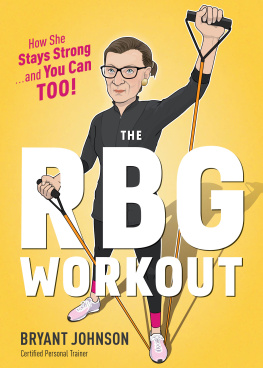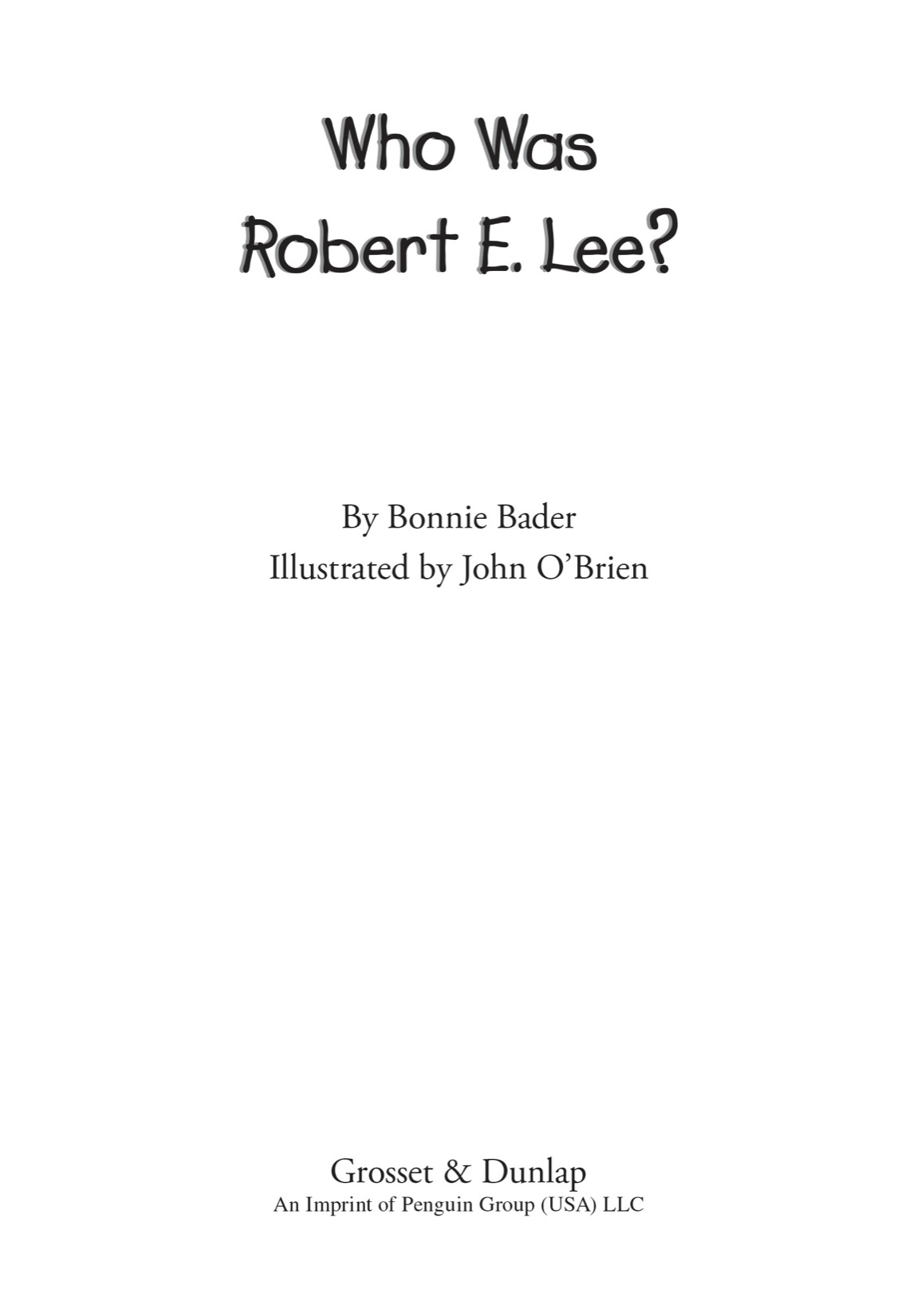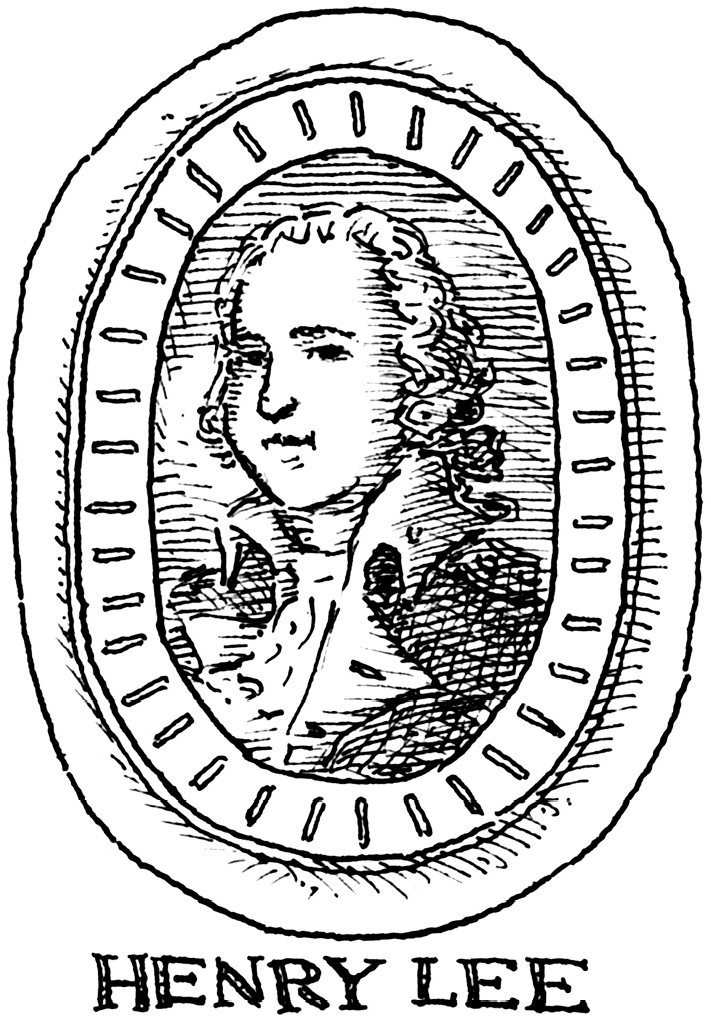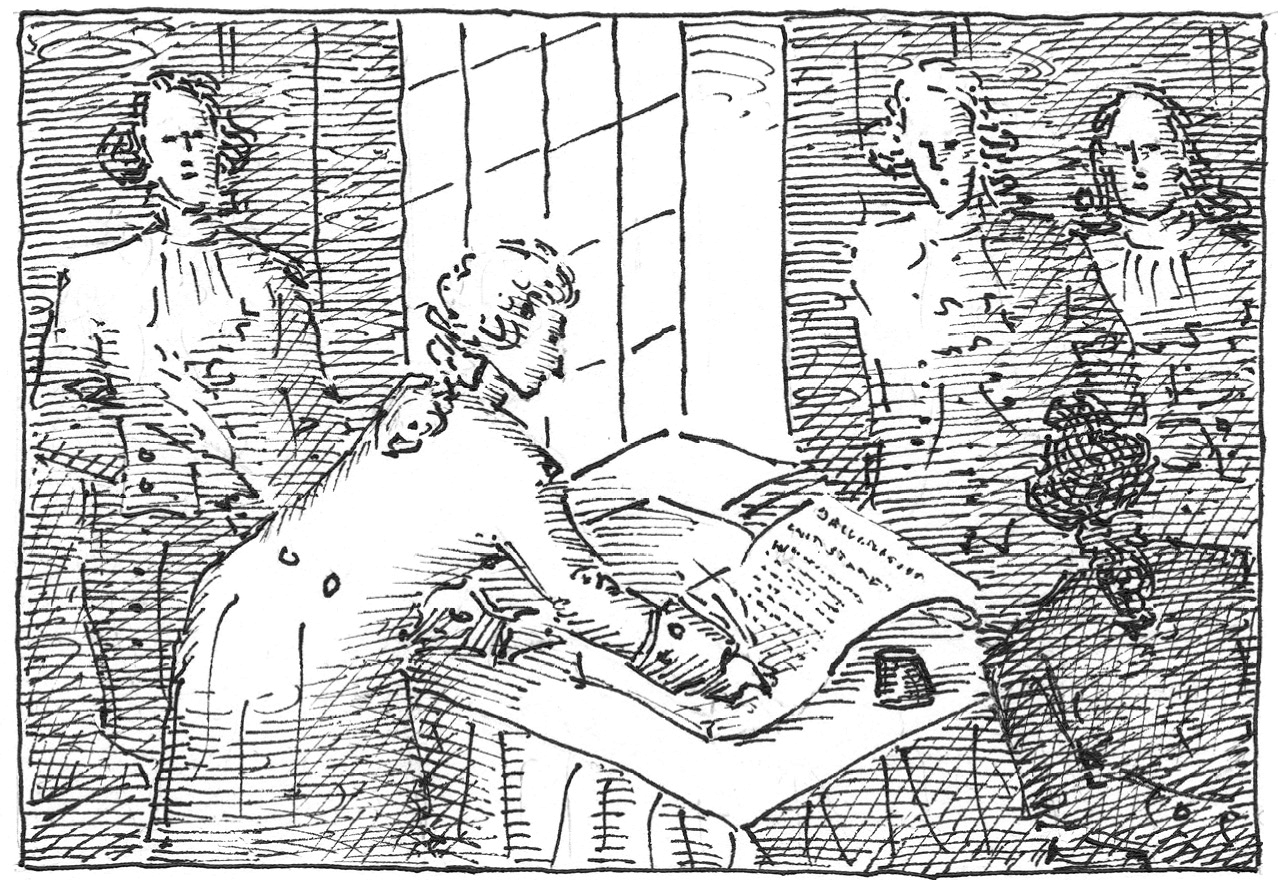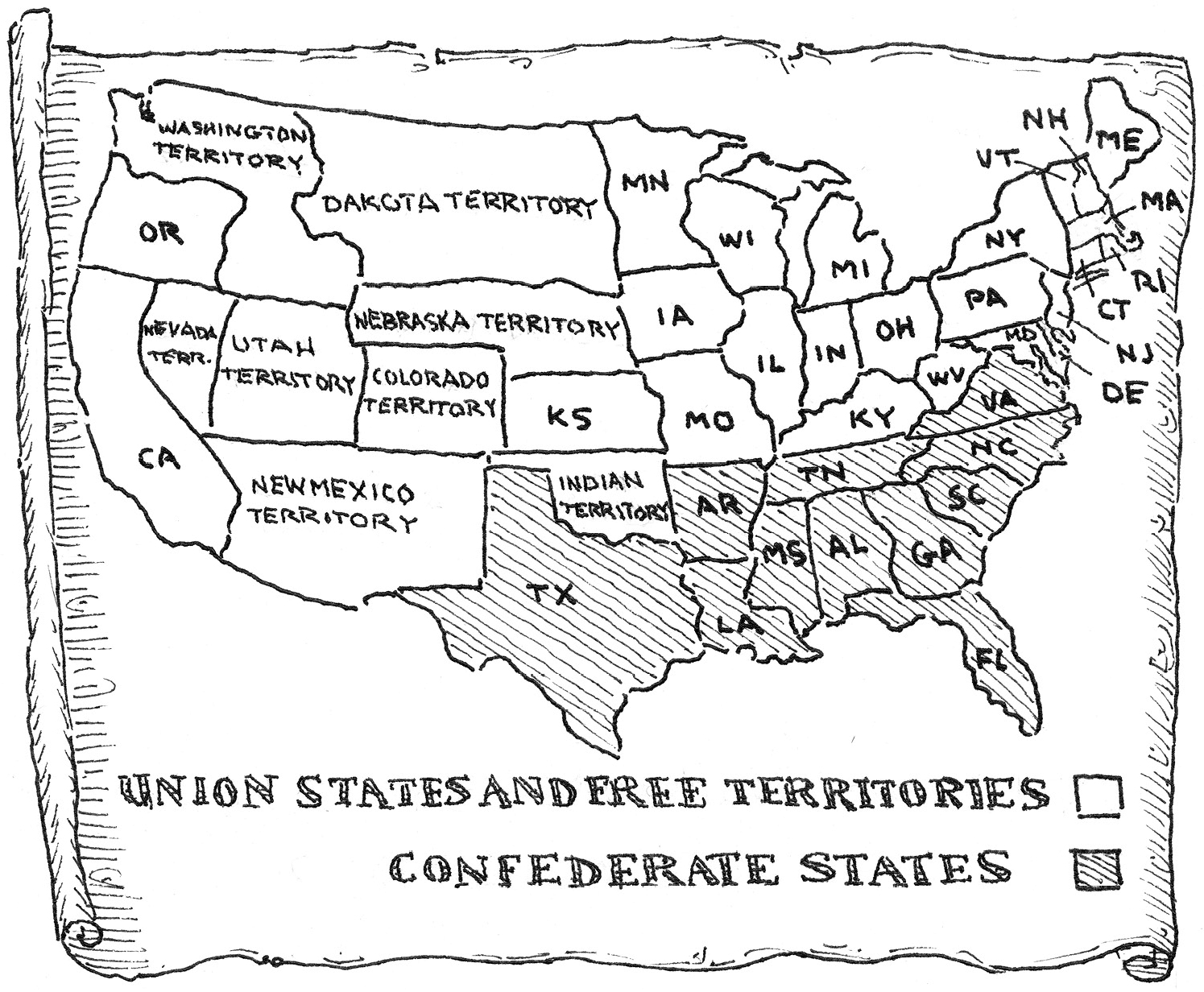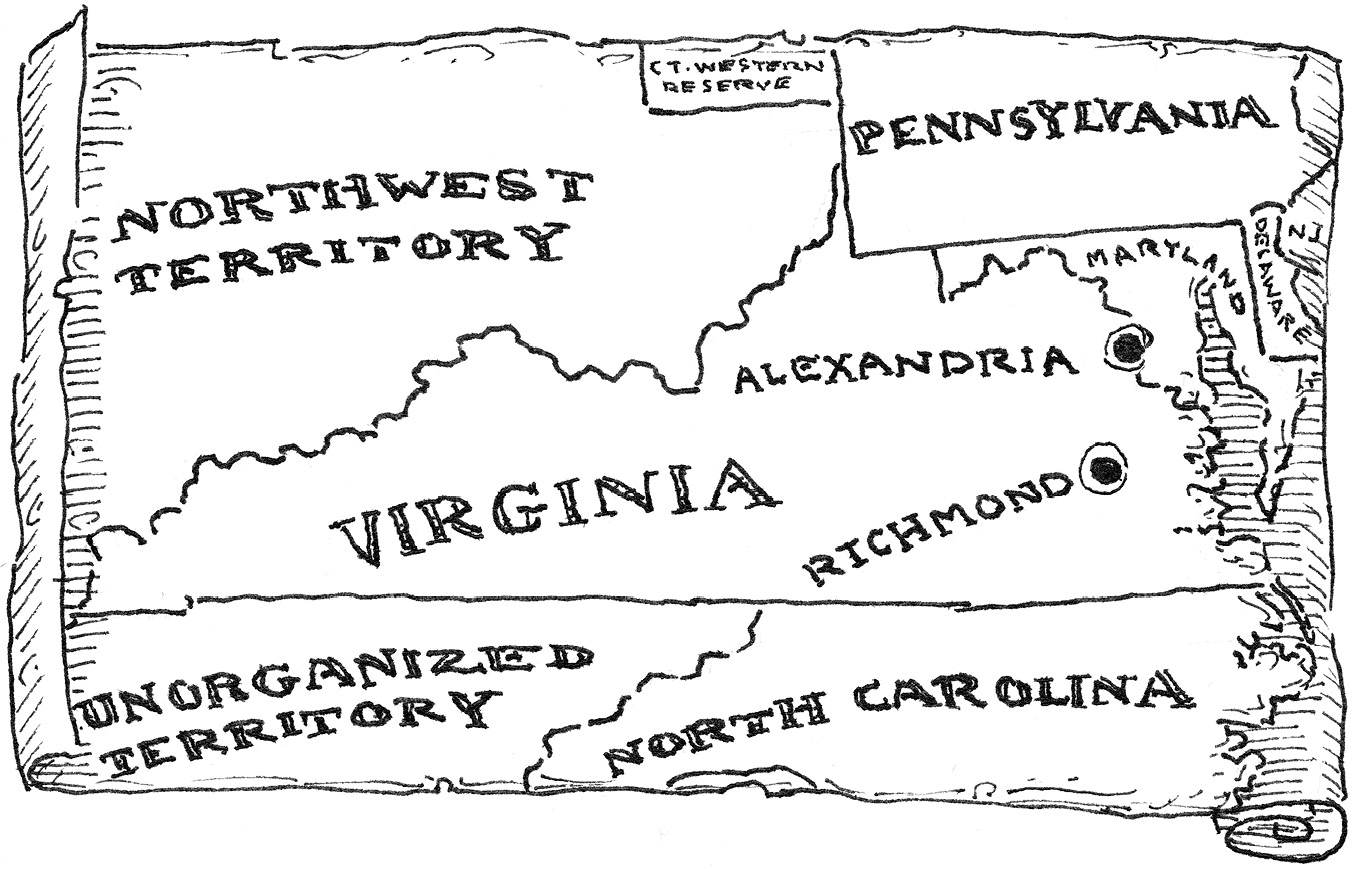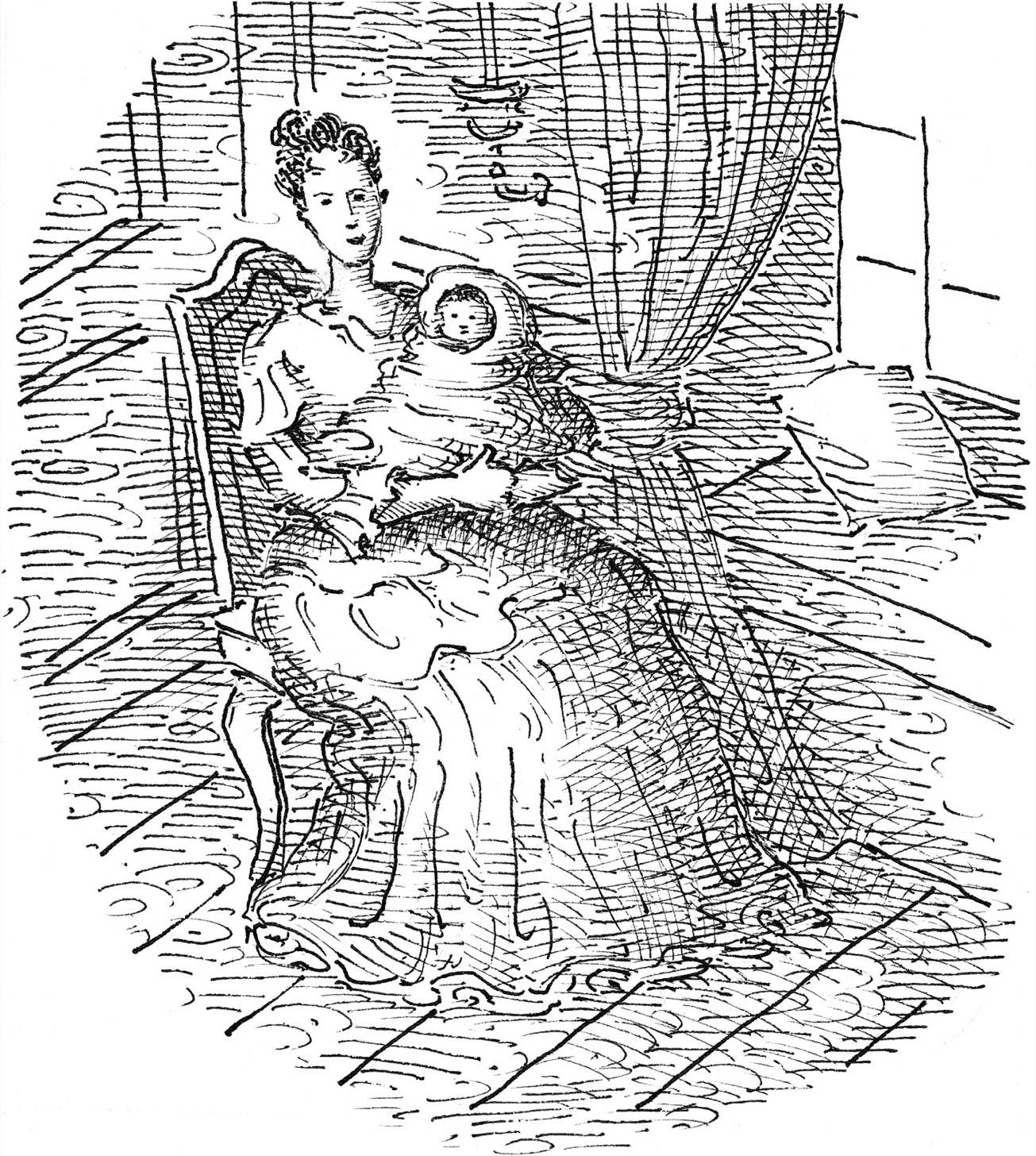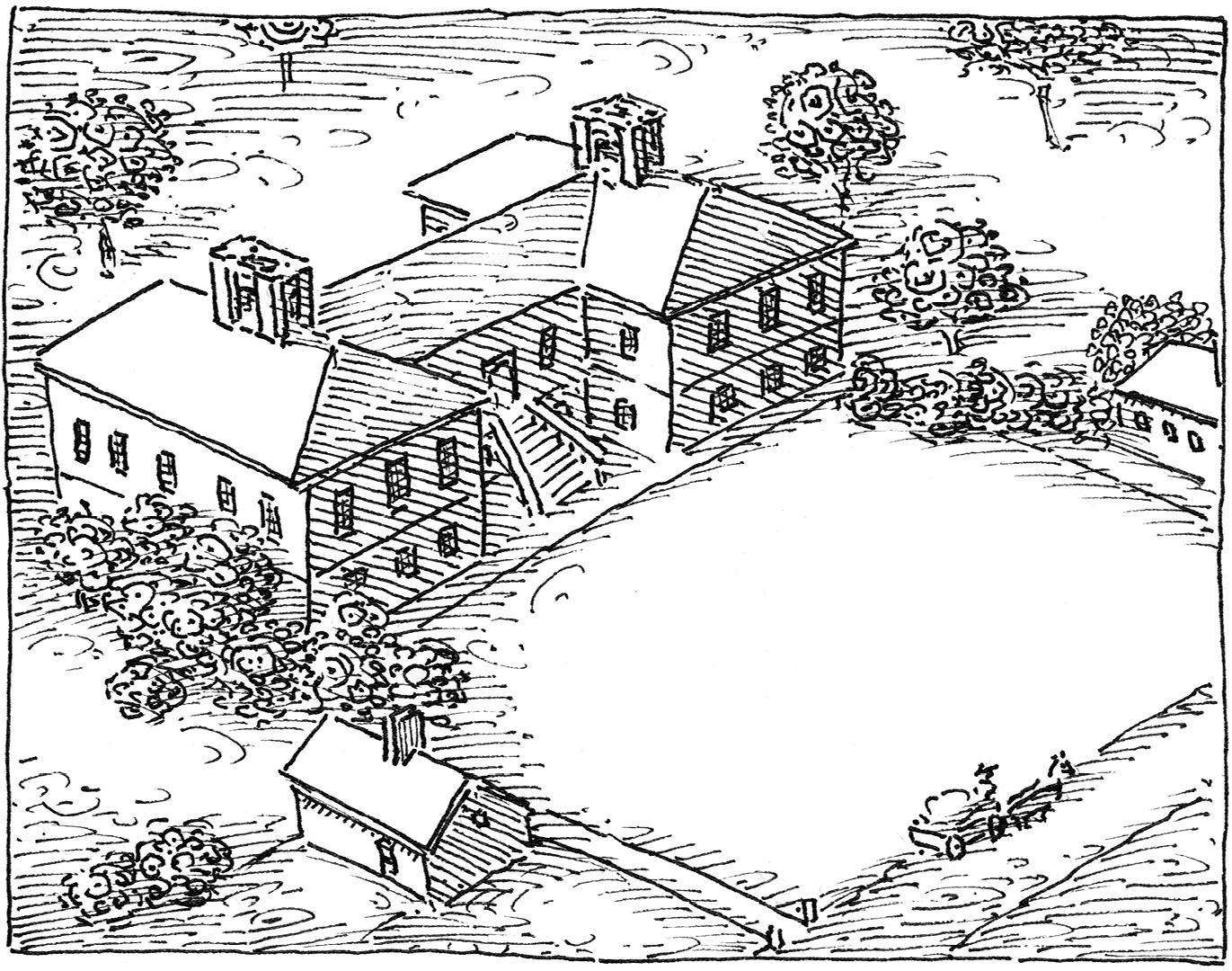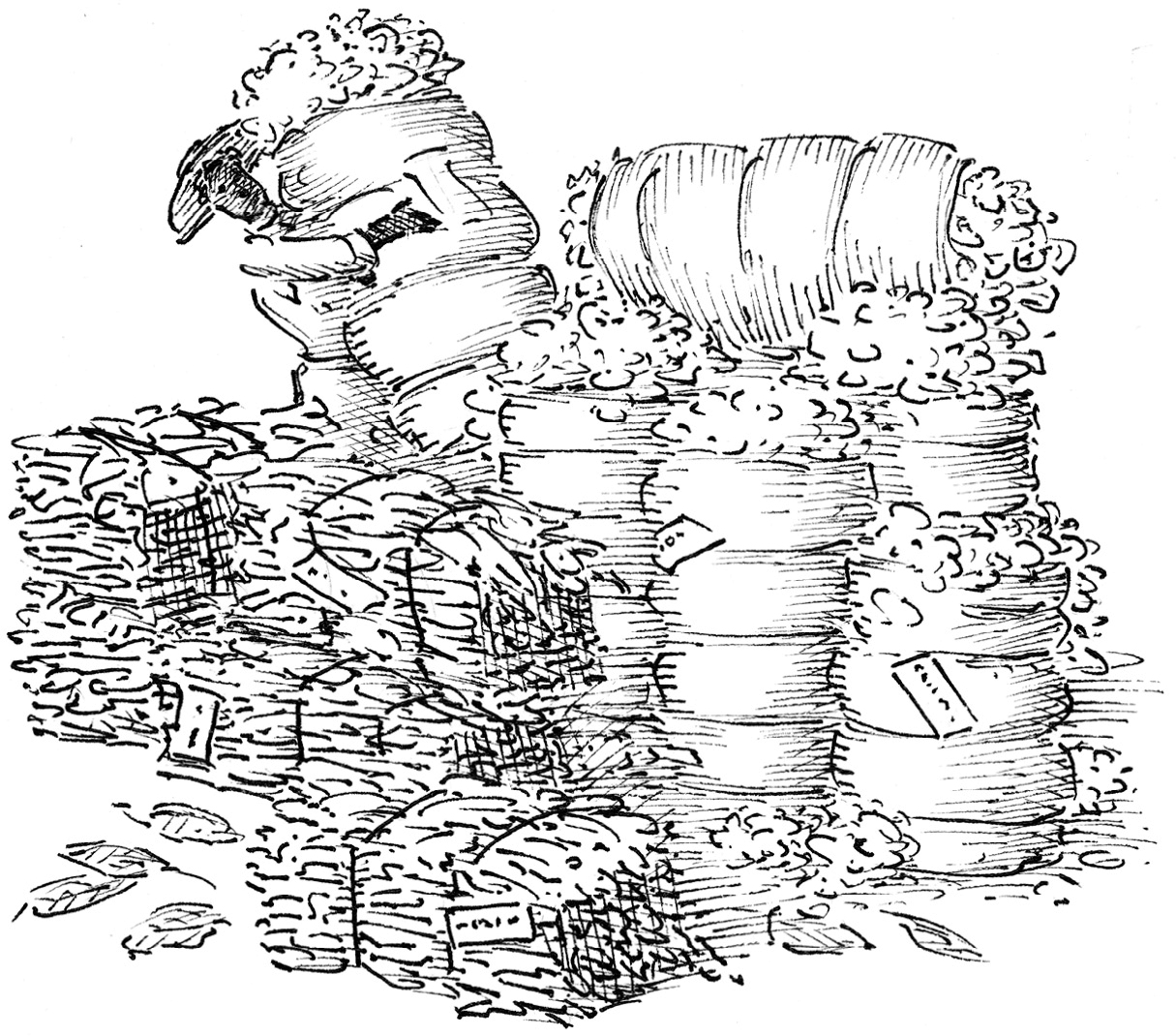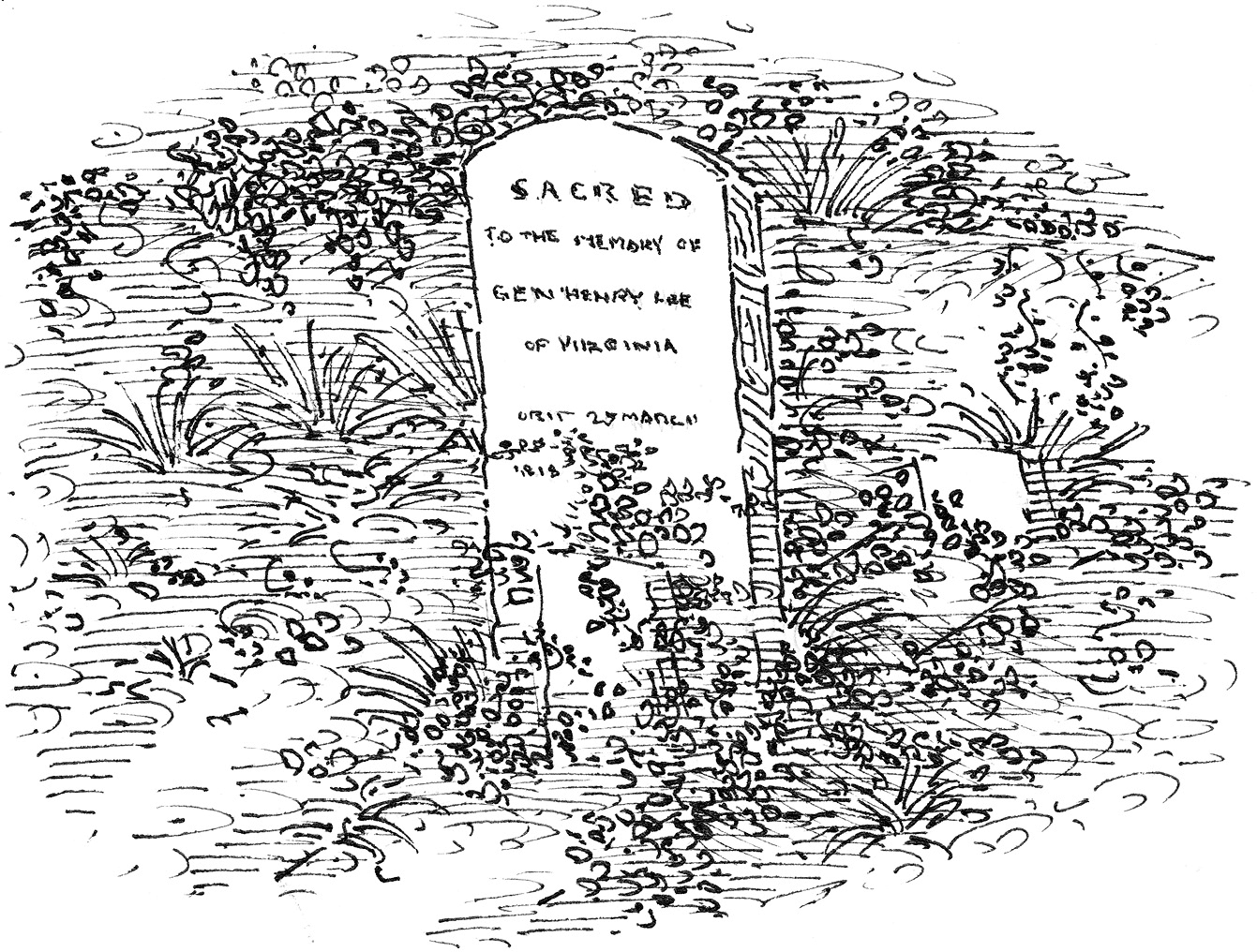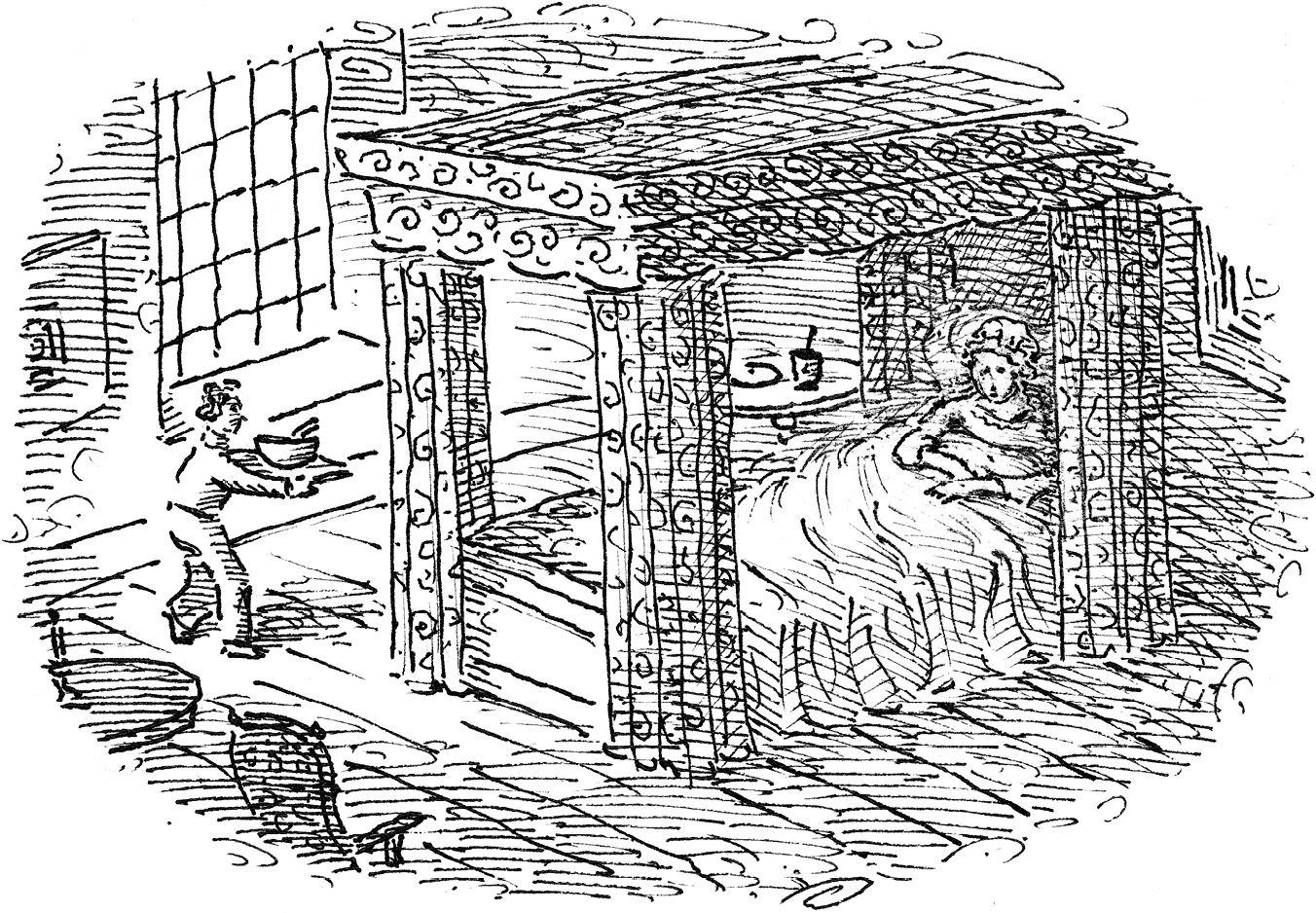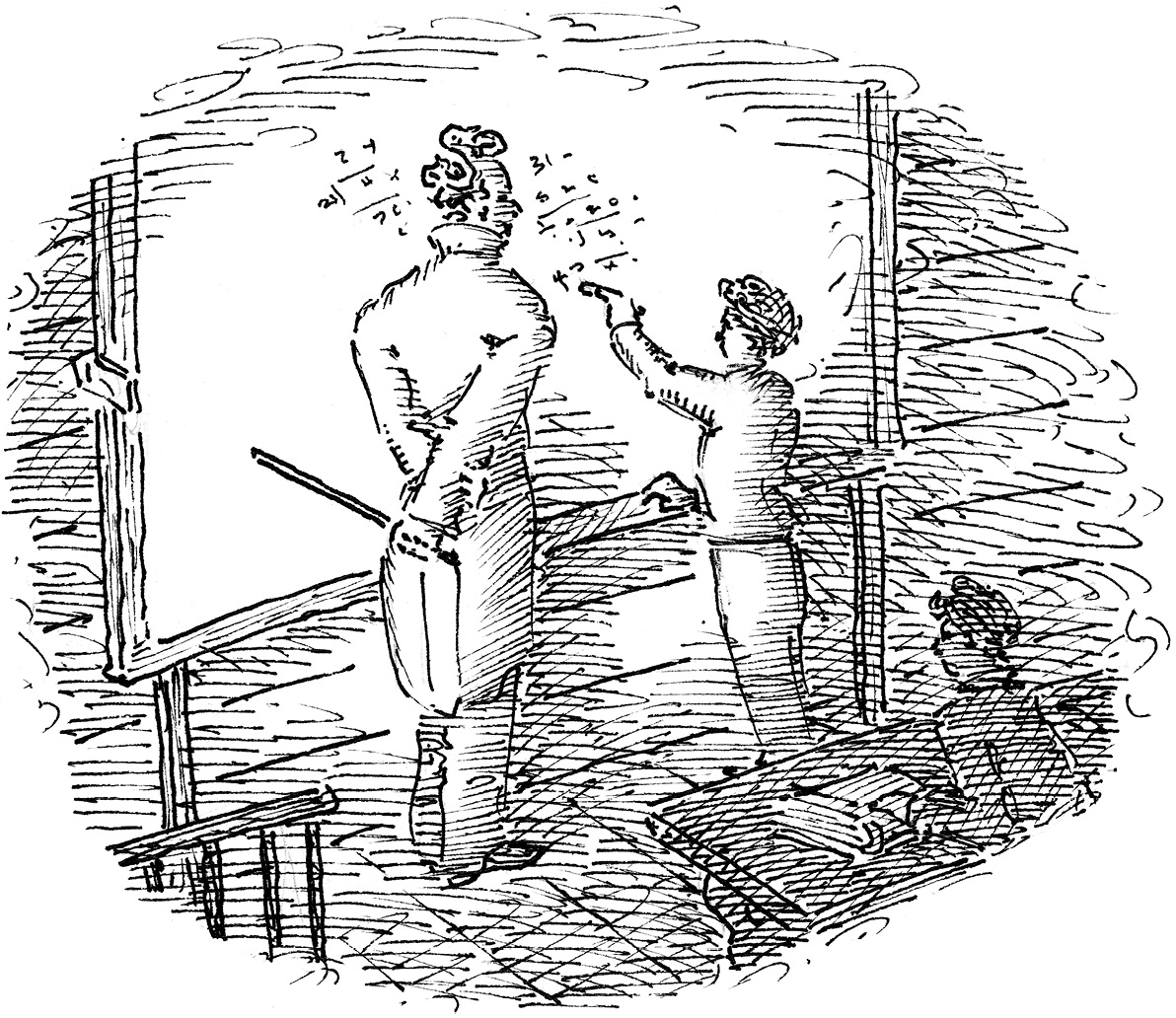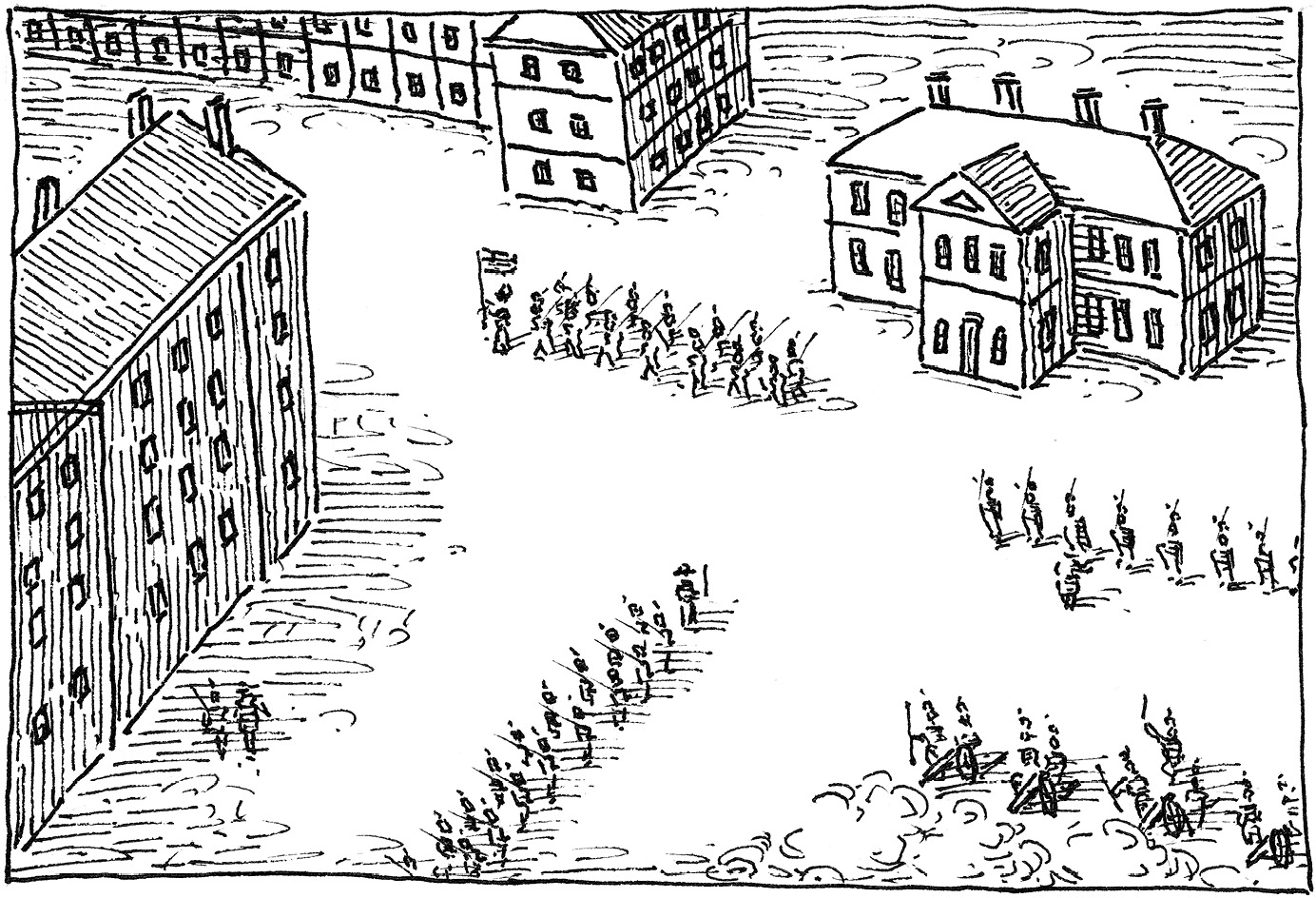To David: A real fighterBB
For my fellow guards on the North Wildwood Beach Patrol
JO
GROSSET & DUNLAP
Published by the Penguin Group
Penguin Group (USA) LLC, 375 Hudson Street, New York, New York 10014, USA

USA | Canada | UK | Ireland | Australia | New Zealand | India | South Africa | China
penguin.com
A Penguin Random House Company
Penguin supports copyright. Copyright fuels creativity, encourages diverse voices, promotes free speech, and creates a vibrant culture. Thank you for buying an authorized edition of this book and for complying with copyright laws by not reproducing, scanning, or distributing any part of it in any form without permission. You are supporting writers and allowing Penguin to continue to publish books for every reader.
Text copyright 2014 by Bonnie Bader. Illustrations copyright 2014 by John OBrien. Cover illustration copyright 2014 by Nancy Harrison. All rights reserved. Published by Grosset & Dunlap, a division of Penguin Young Readers Group, 345 Hudson Street, New York, New York 10014. GROSSET & DUNLAP is a trademark of Penguin Group (USA) LLC.
Library of Congress Cataloging-in-Publication Data is available.
ISBN 978-0-698-17186-2
Version_1
Who Was
Robert E. Lee?
On January 19, 1807, in Westmoreland County, Virginia, Robert Edward Lee was born. Roberts father was Henry Lee. His nickname was Light Horse Harry. In the Revolutionary War, he was in charge of troops that rode on horseback. He was a strong fighter, a risk-taker, a hero. He was also a good friend of George Washington.
The Lees of Virginia were famous throughout the United States. Like Henry Lee, many had fought in the Revolutionary War. Two of Roberts cousins were among the signers of the Declaration of Independence.
Robert grew up with a great love for his country. Yet, in 1861, the country he so admired was torn apart by the start of the Civil War. Robert was torn, too. He wanted the country to remain united. He did not want the South to break away from the United States and form a separate country. But that is what happened.
When asked to lead Northern troops against the South, Robert E. Lee was even more torn. How could he go to war against his friends and family who lived in Virginia? It was a hard choice. Robert thought about loyalty. He thought about honor. In the end, Robert decided to fight against the country that his forefathers helped to create. For Robert the most important thing to him was his family, and his home: Virginia.
Chapter 1
Lessons Learned
Henry Lee married Ann Hill Carter on June 18, 1793. It was a good match. Ann was young and rich. Her family owned a lot of land near Richmond, Virginia. Henry was the governor of Virginia.
Ann raised Henrys children from his first marriage and gave birth to six more children. Robert was her fifth child. He was named after Anns two favorite brothers, Robert and Edward. The family lived in a huge, beautiful brick house called Stratford Hall, surrounded by thousands of acres of land.
By the time Robert was born in 1807, Light Horse Harry wasnt considered much of a hero anymore. He was a gambler. In fact, he landed in jail for owing money to people. There wasnt enough money to keep the plantation running.
PLANTATION LIFE
RICH WHITE PEOPLE IN THE SOUTH LIVED ON BIG FARMS, CALLED PLANTATIONS, WHERE CROPS SUCH AS COTTON AND TOBACCO WERE GROWN. MOST OF THE WORKERS ON THESE PLANTATIONS WERE SLAVES, WHO WERE EITHER BORN IN AFRICA OR DESCENDED FROM PEOPLE TAKEN FROM THERE. THESE SLAVES WERE FORCED TO WORK FOR FREE FROM SUNUP TO SUNDOWN. THE SLAVES HAD NO RIGHTS. AND THE PLANTATION OWNERS GREW RICH.
Upon Harrys release from jail, Ann decided that the family should move from Stratford. She packed the familys belongings and moved to Alexandria, Virginia. Two years later, Henry Lee was badly hurt during a political riot in Baltimore, Maryland. A year after that, Henry decided to go to the West Indiesaloneto recover from his injuries and to try to make money. But he never returned home. On March 25, 1818, Henry died.
Robert was now eleven years old and the man of the house. His two older brothers had left home to start lives of their own. So it was up to Robert to take care of his mother, who was a sickly woman, and his sisters.
Robert loved his mother. She taught him to respect others and love his country. She taught him to be patient. She taught him how to manage money. Above all, she taught him to have faith in God.
As for education, Robert first attended a school for boys that his mothers family had started. He liked to learn and was a good student, although sometimes his teachers thought he was a bit too headstrong!
By thirteen he was a student of William B. Learys, and then later he attended Benjamin Hallowells School, in Alexandria. Robert impressed his teachers. He never failed a test. He followed all the rules. He respected his teachers and fellow students.
Soon Robert had to decide upon a career. But what could he do? He did not have a plantation to manage. His mother could not afford to send him to college. Becoming a soldier seemed like the best answer.
In 1823, Robert applied to the West Point Military Academy in New York. It trained young men to become soldiers. It was the best military school in the country, and it was free!

